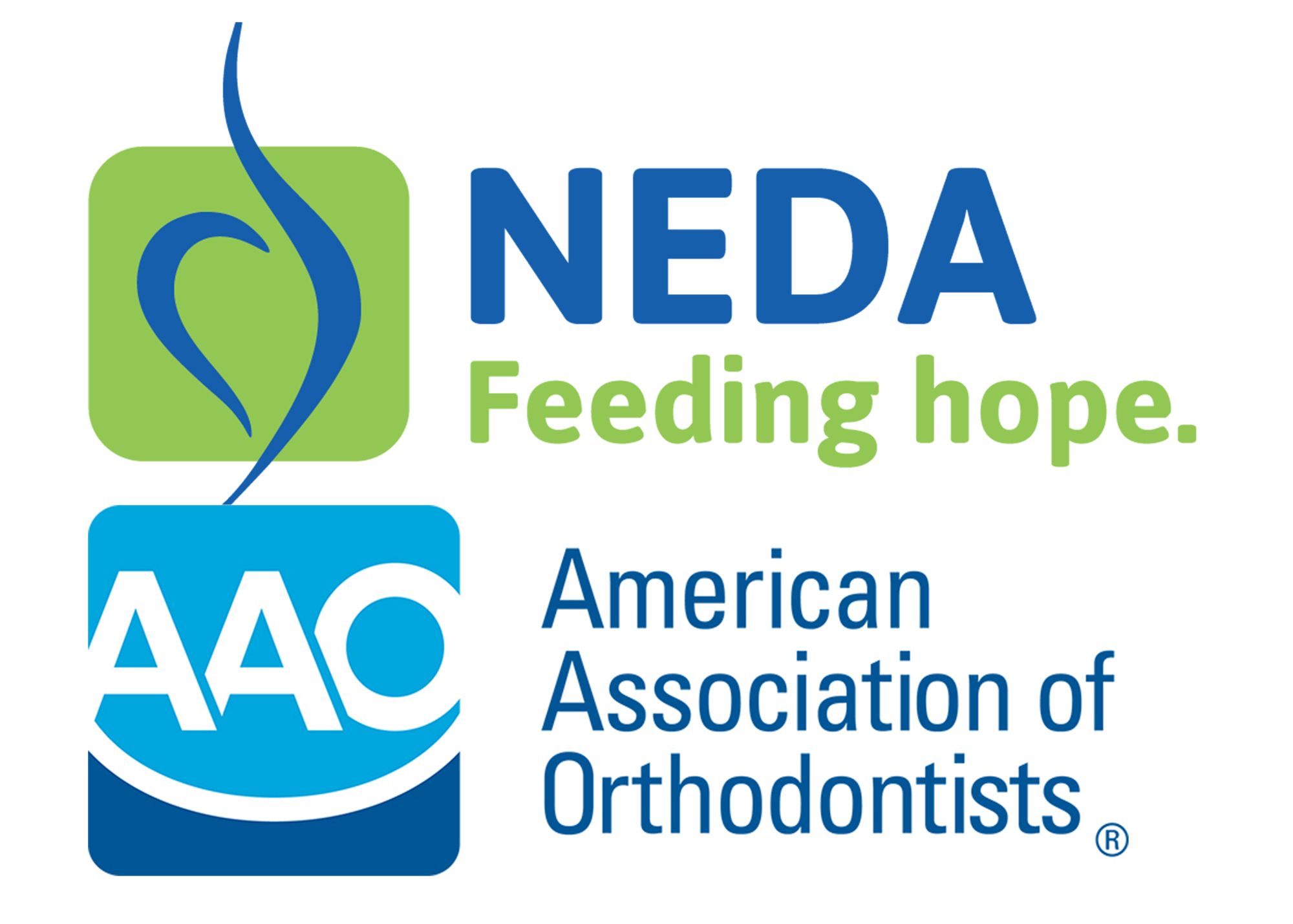- Best Practices New Normal
- Digital Dentistry
- Data Security
- Implants
- Catapult Education
- COVID-19
- Digital Imaging
- Laser Dentistry
- Restorative Dentistry
- Cosmetic Dentistry
- Periodontics
- Oral Care
- Evaluating Dental Materials
- Cement and Adhesives
- Equipment & Supplies
- Ergonomics
- Products
- Dentures
- Infection Control
- Orthodontics
- Technology
- Techniques
- Materials
- Emerging Research
- Pediatric Dentistry
- Endodontics
- Oral-Systemic Health
American Association of Orthodontists Partners with National Eating Disorders Association
The American Association of Orthodontists will partner with the National Eating Disorders Association to better communicate with patients as well as detect early warning signs.
American Association of Orthodontists Partners with National Eating Disorders Association

The American Association of Orthodontists (AAO) has announced a partnership with the National Eating Disorders Association (NEDA) to provide informative resources for orthodontists to recognize eating disorder warning signs as well as potentially triggering behaviors and language, according to a press release from the AAO.
As a dental health care provider, orthodontists are in a unique position to detect warning signs of potential eating disorders and take the necessary steps to help their patients. This partnership will offer education for orthodontists to better equip them with this ability, according to NEDA’s CEO Elizabeth Thompson.
“We are thrilled about our partnership with the AAO. By understanding the etiologies of eating disorders, recognizing the mouth warning signs, and safely intervening, at an early stage, when appropriate, dental professionals can help the millions of Americans with these potentially deadly diseases start down the road to recovery,” Thompson said in the press release. “We look forward to supporting AAO and its members as you embrace this sensitive and vitally important work.”
Warning signs that orthodontists and other dental professionals can see first can range from enamel damage to overall insufficient mouth health. As many eating disorders can develop in early adulthood, orthodontists, who more than 65% of patients for are under the age of 18, are equipped to support these patients firsthand.
Not only will early detection become a key component of this partnership, but education on appropriate language and behavior with patients are also a major aspect. Knowing how to communicate on potentially triggering topics will only serve the dental professional better and help vulnerable patients.
These resources will be available for AAO members and staff by Fall of 2022.
